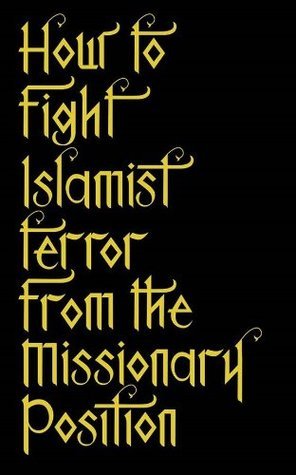What do you think?
Rate this book


205 pages, Kindle Edition
First published December 1, 2010
"Perfection condems you to glorious mediocrity. It is in the gap between your imperfections, honestly faced, and your desire for something beyond perfection that you can achieve genius. Perfect pitch, perfect life, perfect love - these are dead-ends."